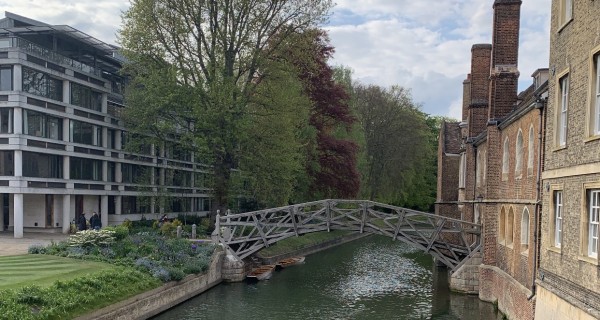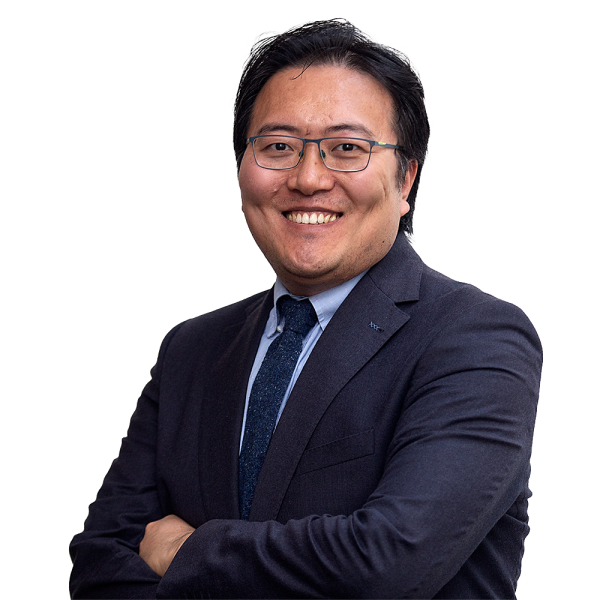Netherlands Visa for Recent British University Graduates

Are you a recent Master’s/PhD graduate from one of the Top 200 British universities? If so, you may qualify for a Netherlands Search Year visa. With the search year visa, you are allowed to work in the Netherlands without a work permit! For the purpose of obtaining this visa, you do not need to have visa sponsorship. This visa is open to both British citizens and citizens of other countries.
What is Netherlands Search Year visa?
For the purpose of attracting global talents, the Netherlands Government introduced the search year visa a number of years ago. Recent Master’s/PhD graduates from Top 200 universities worldwide can apply for a search year visa. When applying for the search year visa, your Master’s/PhD degree certificate may not be older than three years. Also, when you obtained your Master’s/PhD degree, the ranking of your university, your faculty or your department must be among Top 200 worldwide. This global ranking must be confirmed by at least two of these three publishers: QS, Times or Shanghai Academic.
Visa validity and work rights
The search year visa is valid for 12 months. During the validity of the search year visa, you will gain unlimited access to the Dutch labour market. Your residence card will have the labour market remark “Arbeid vrij toegestaan. TWV niet vereist” (in English: Employment allowed. No work permit required). In other words, during the validity of the permit, you will be treated as if you are a Dutch/EU citizen, being able to work freely without a work permit in the Netherlands.
Which British universities are among Top 200?
In general, a lot of British universities have good global rankings. If you are a recent graduate of these universities, you may qualify for a search year visa:
University of Oxford, University of Cambridge, Imperial College London, University College London, London School of Economics and Political Science, University of Edinburgh, King's College London, University of Manchester, University of Bristol, University of Glasgow, University of Warwick, University of St. Andrews, University of Exeter, University of Sheffield, Queen Mary University of London, University of Southampton, University of Birmingham, Royal Holloway, University of London, Lancaster University, University of York, University of Leeds, University of Sussex, University of Nottingham, University of East Anglia, University of Liverpool, University of Reading, University of Leicester, University of Aberdeen, Cardiff University, Newcastle University, St. George's University of London, Queen's University Belfast, Durham University, City University of London, University of Bath, Aston University, University of Essex, SOAS University of London, Birkbeck, University of London, London School of Hygiene and Tropical Medicine, Oxford Brookes University (only Faculty of Arts & Humanities and Faculty of Social Sciences and Management), University of the Arts London (only Art & Design), Goldsmiths, University of London (only Art & Design) etc.
(No rights may be derived from this list)
Where can I apply for the visa?
If you are a British citizen, you can come to the Netherlands on your British passport. After your arrival, you can submit your residence permit application. If you are a citizen of the USA, Canada, Australia, Japan, New Zealand or South Korea, you can also come to the Netherlands and submit your application in the Netherlands.
If you are from other countries (than the ones mentioned above), you will need to ask for a so called MVV entry clearance visa with a Dutch diplomatic mission outside the Netherlands. Without this MVV entry clearance visa, you cannot obtain a residence card directly in the Netherlands.
Do I need to prove funds?
No, as you will have unlimited access to the Dutch labour market, you do not need to prove funds when applying for the search year visa.
Can I bring my family members with me to the Netherlands?
Yes, in general, you can bring your (un)married partner and your minor aged children with you. They will obtain a family member visa and will also have the same access to the Dutch labour market. However, please be aware that, depending on your family members’ nationalities, they may need an MVV entry clearance visa before travelling to the Netherlands. If you want to bring your dependent family members with you, you will need to show funds. Please feel free to contact Mynta Law and discuss about the issue as to how you can show funds.
My diploma was obtained in 2021 (or earlier). Can I still apply for the search year visa.
Unfortunately, the Dutch Immigration Department follows a very strict interpretation of the three-year term. If your diploma is older than three years on the application date, you no longer qualify for the search year visa. Therefore, if you obtained your diploma in 2021 or earlier, you no longer qualify for the search year visa.
What other documents do I need?
Your diploma also needs to be assessed by a semi-governmental organization in the Netherlands. This diploma assessment certificate is a prerequisite for the search year visa.
What about the year after the search year?
The search year visa is only valid for 1 year and it cannot be extended. However, if you manage to find a job as a highly skilled migrant within the search year, you may qualify for a highly skilled migrant visa. As a search year visa holder, a reduced salary threshold will be applicable, when you apply for a highly skilled migrant visa. As from 1 January 2025, the reduced salary threshold is 2989 euros per month (before tax). You can find more information about the highly skilled migrant visa on this site.
Are you interested in applying for the search year visa? Do you have more questions about the search year visa, please feel free to book a consultation with one of our lawyers.

